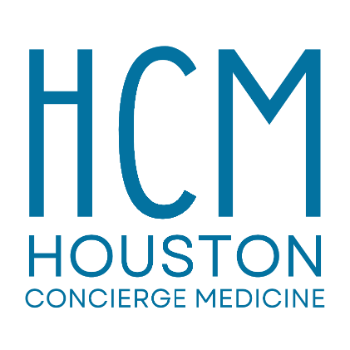Travel Medicine Doctor in Houston, Texas
Traveling to new and exotic destinations can be an exciting adventure, but it can also come with its fair share of health risks. That's where travel medicine comes in. At Houston Concierge Medicine, we offer specialized services to help travelers stay healthy and safe during their journeys.

What is Travel Medicine?
Travel medicine is a branch of medicine that focuses on the health and safety of travelers. It covers a wide range of topics, including vaccinations, disease prevention, altitude sickness, jet lag, and travel-related injuries. The goal of travel medicine is to help individuals stay healthy while traveling and to prevent any potential health risks associated with their trip.
One of the key components of travel medicine is pre-travel consultations. During these consultations, a travel medicine specialist will review the traveler's medical history, destination, and planned activities to assess their individual risk factors. Based on this information, the specialist will provide personalized recommendations to help the traveler stay healthy during their trip. This may include advice on vaccinations, medications, insect bite prevention, food and water safety, and other preventive measures.
In addition to pre-travel consultations, travel medicine also encompasses post-travel evaluations. If a traveler becomes ill during or after their trip, a travel medicine specialist can evaluate their symptoms, provide a diagnosis, and recommend appropriate treatment. This may include testing for infectious diseases, prescribing medications, or referring the traveler to a specialist for further evaluation.

How does Travel Medicine work?
Travel medicine works by providing travelers with the information, resources, and care they need to stay healthy during their trips. Here are some of the key components of travel medicine:
1. Vaccinations: One of the most important aspects of travel medicine is vaccinations. Different destinations have different health risks, so it's important for travelers to be up to date on their routine vaccinations and to receive any additional vaccines recommended for their destination. Common travel vaccines include those for yellow fever, typhoid, hepatitis A and B, and rabies.
2. Medications: In addition to vaccinations, travelers may also need medications to prevent or treat specific health conditions. For example, travelers to areas with malaria risk may need to take antimalarial medications, while those at risk for altitude sickness may benefit from medications such as acetazolamide.
3. Education: Travel medicine specialists provide travelers with education about potential health risks at their destination and how to prevent them. This may include information on insect bite prevention, food and water safety, sun protection, and other preventive measures.
4. Consultations: Pre-travel consultations allow travel medicine specialists to assess each traveler's individual risk factors and provide personalized recommendations. These consultations may be conducted in person or virtually, depending on the traveler's needs and preferences.
5. Post-travel evaluations: If a traveler becomes ill during or after their trip, a travel medicine specialist can evaluate their symptoms, provide a diagnosis, and recommend appropriate treatment. This may involve testing for infectious diseases, prescribing medications, or referring the traveler to a specialist for further evaluation.
At Houston Concierge Medicine, Dr. Greg Burzynski and our team of travel medicine specialists are dedicated to helping travelers stay healthy and safe during their journeys. Whether you're planning a relaxing beach vacation or an adventurous trek through the jungle, we can provide you with the information, resources, and care you need to stay healthy while traveling.
